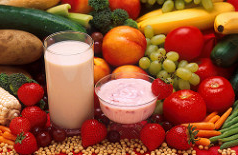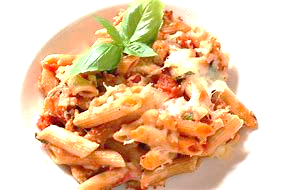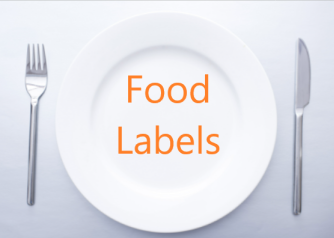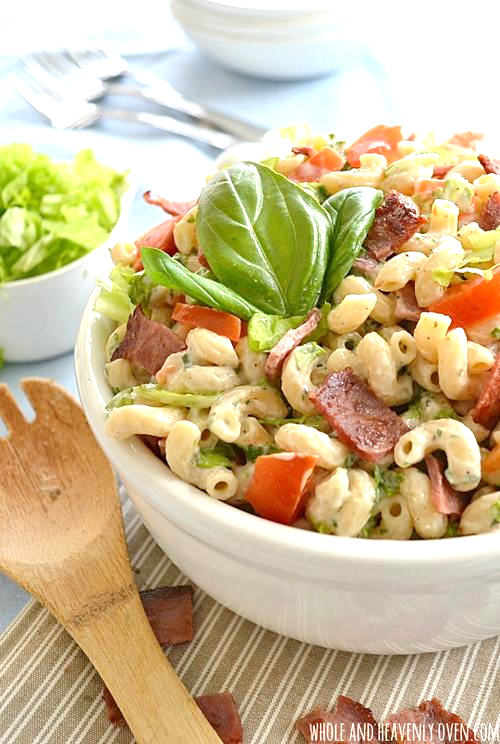Do you feel bloating and gastro intestinal discomfort?
Does your diet affect these symptoms?
Do you suffer from an intestinal disorders?
Intestinal disorders
Intestinal disorders are becoming more common worldwide such as irritable bowel syndrome (IBS) and inflammatory bowel disease (IBD) both in adults and children. The most common factors which may affect these conditions are stress, viral infections, alcohol consumption and poor diet. IBS might be mixed with inflammatory bowel disease, IBD, as they show quite the same type of symptoms. It is important to note that IBS is different from IBD as IBD includes chronic diseases such as Chron’s and Ulcerative Colitis.
What is Inflammatory bowel disease?
IBD refers to a group of bowel diseases mainly Crohn’s disease and Ulcerative colitis that cause inflammation in the various areas of the digestive tract. The cause of IBD remains unknown. It is believed that diet and stress aggravate the symptoms but are not the cause therefore it is more likely that genetics and malfunctioning of the immune system is the cause of IBD.
Crohn’s Disease
Crohn’s disease causes inflammation of the digestive tract which can be from the mouth to the anus. Usually, the inflammation part appears in patches next to other healthy tissues. This leads to various symptoms including abdominal pain, diarrhea, fatigue, reduced appetite, weight loss, malnutrition and blood in your stools according to where the inflammatory patch is in your digestive tract. Other signs and symptoms which are not so common are inflammation of the skin, eyes and joints, kidney stones, anemia, and delayed growth and sexual development in children. Crohn’s symptoms also overlaps with diverticulitis. It is also believed that Crohn’s is a secondary reaction of diverticulitis, although more research is still needed.
Ulcerative Colitis (UC)
On the other hand, UC contributes to ulcer formation in the tissues of your digestive tract mainly the large intestines, rectum, and anus. In UC the damaged areas are continuous so if the inflammation starts in the large intestine it continues till the anus. The symptoms are quite similar to Crohn’s disease. These include abdominal pain, fatigue, diarrhea, blood in stools and weight loss. Symptoms usually develop over time and sometimes can be life- threatening.
Inflammatory bowel disease complications
IBD can lead to severe consequences such as malnutrition, colon cancer and blood clots if left untreated and can become life-threatening. Unfortunately, there is no cure for IBD but current medication such as corticosteroids along with diet changes can greatly reduce the symptoms of the disease. Severe IBD may require surgical procedures to remove the damaged parts of the gastrointestinal tract. There are different surgical procedures for Crohn’s and Ulcerative colitis since they affect different parts of the gastrointestinal tract.
IBD may take a long time to diagnose. It can be diagnosed by using a combination of procedures such as endoscopy for Crohn’s and colonoscopy for Ulcerative colitis. Your doctor may also check your stool samples in order to make sure that it is not caused by an infection. In such cases, antibiotics may be prescribed. In addition, probiotics may also be recommended as they can improve symptoms although there is no concrete evidence about this till now.
Appropriate diet
Fortunately, both Crohn’s and Ulcerative Colitis can be improved by adopting the right type of diet. There are various diets which are recommended such as low FODMAP diet, Plant based diet, High fiber diet, Low residue diet, lactose- free diet and gluten-free diet. The recommended diet would be chosen based on the symptoms being experienced by the individual.
As you can see from this blog and other blogs on gastroenterology, there are various intestinal disorders. It is important that if you or your child suspects of any intestinal disorders you contact your doctor and a registered dietitian. In all intestinal disorders, food plays a role in improving symptoms and quality of life!




